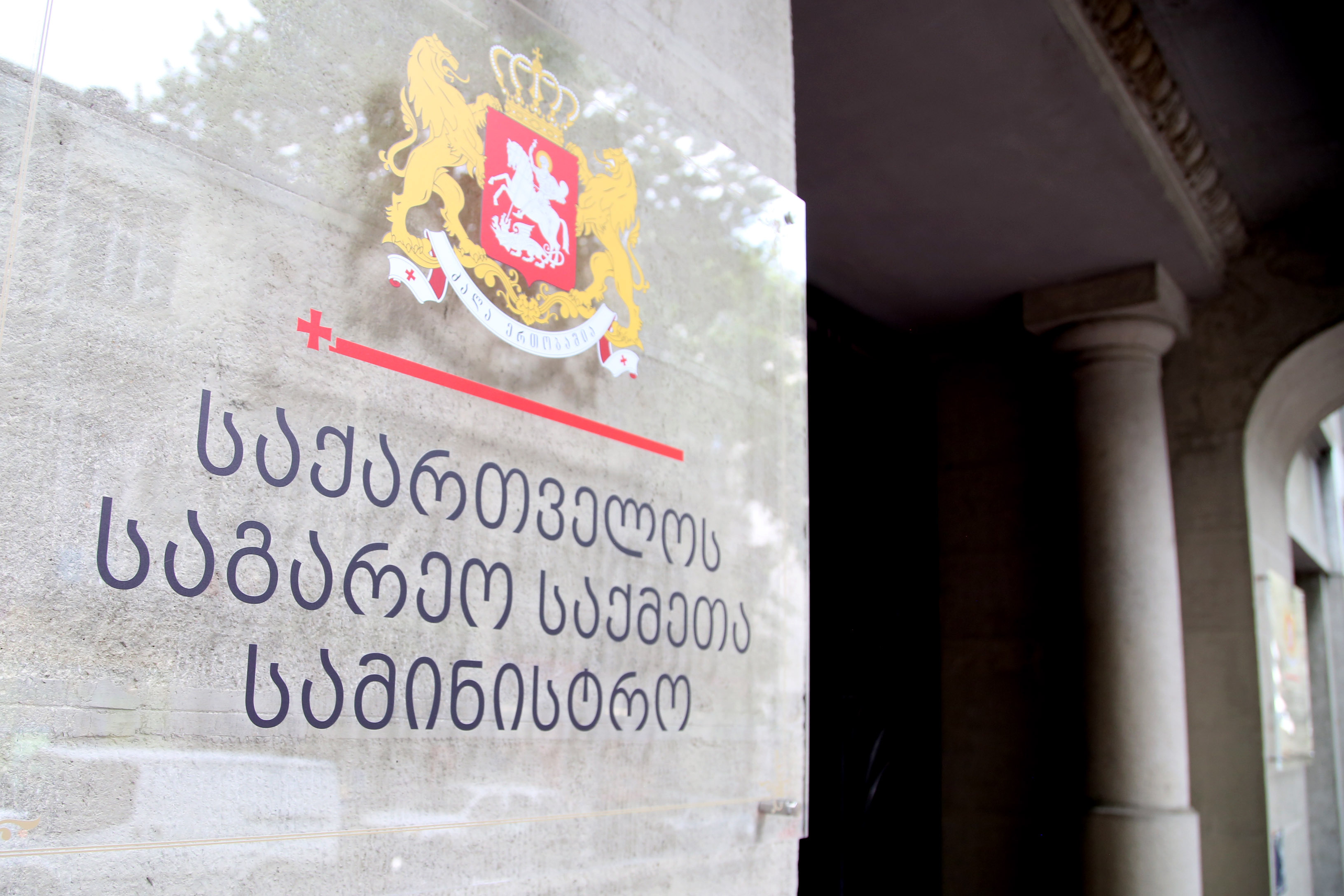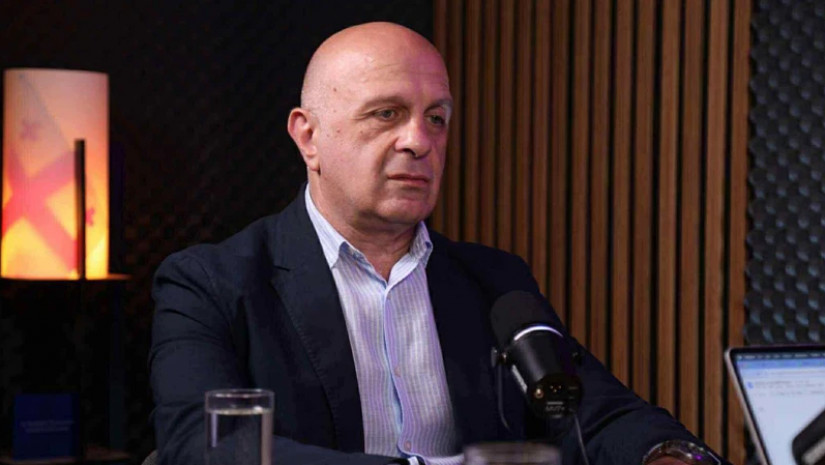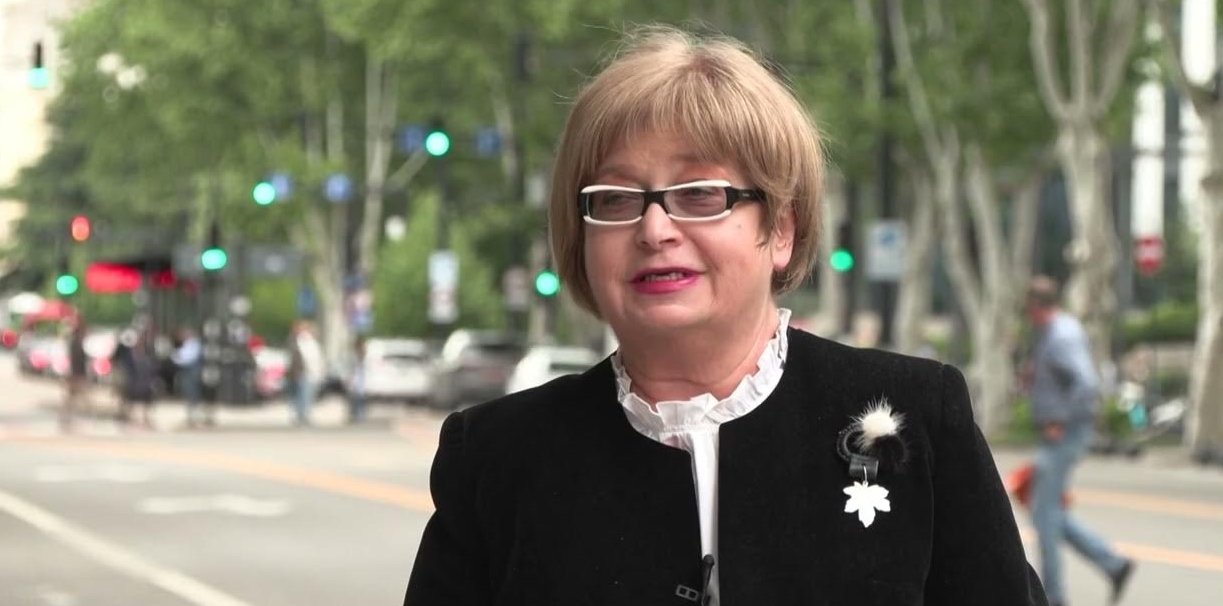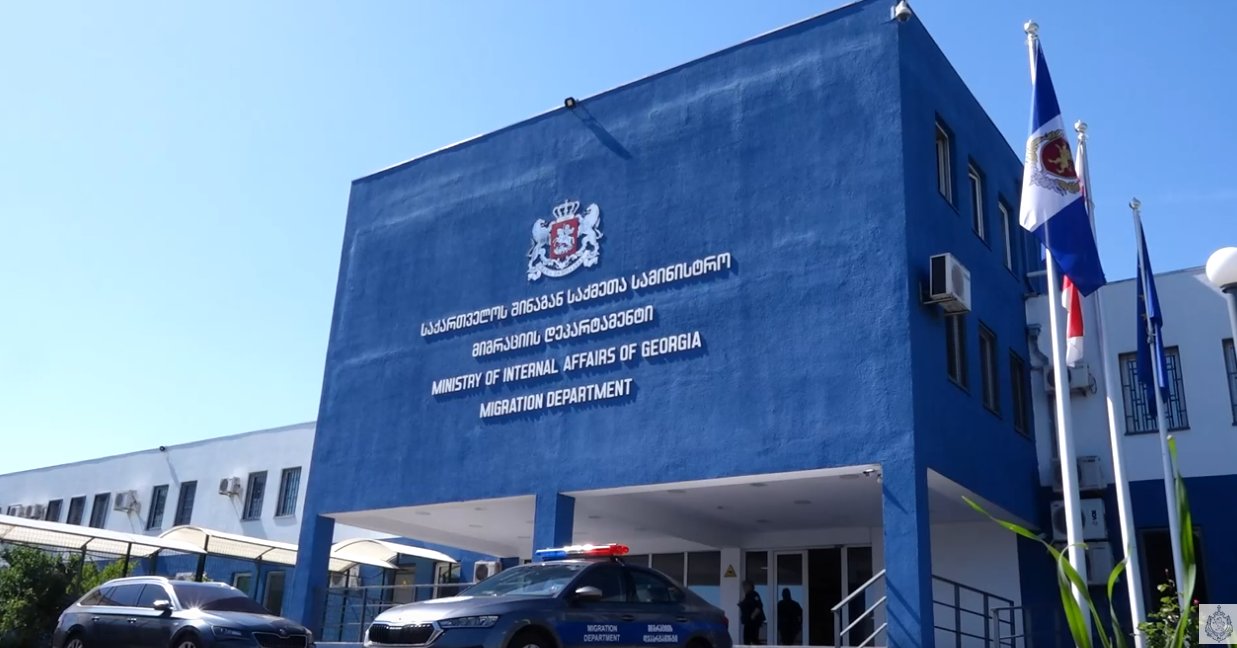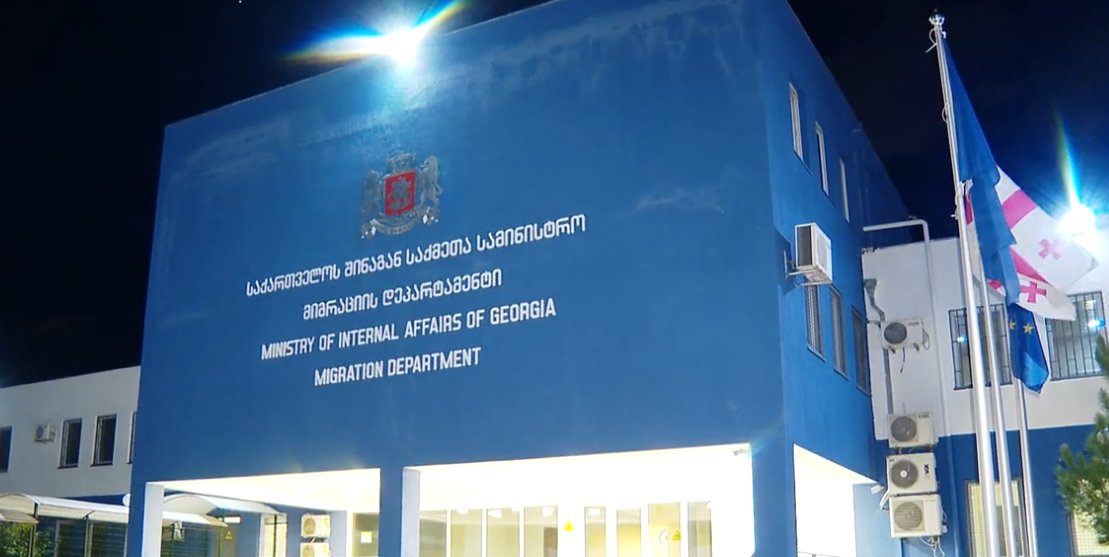All News
Popular

Ukraine

Ukraine General Staff: Russia loses 1,211,530 troops since full-scale invasion, 900 in past day

Ukraine’s General Staff: Russia loses over 1.21mln troops since start of full-scale invasion

Zelenskyy: first peace plan documents could be signed as early as January

Zelenskyy: dangerous statements from Russia aimed at justifying further attacks on Ukraine

Interview

Expert Dzabiradze: repressions will become harsher, more widespread, but opposition is lagging behind
In an interview with Front News, expert Vakhtang Dzabiradze assesses the recent high-profile arrests and ongoing political developments in Georgia. He says the arrests of former State Security Service head Grigol Liluashvili and former Defence Minist...





